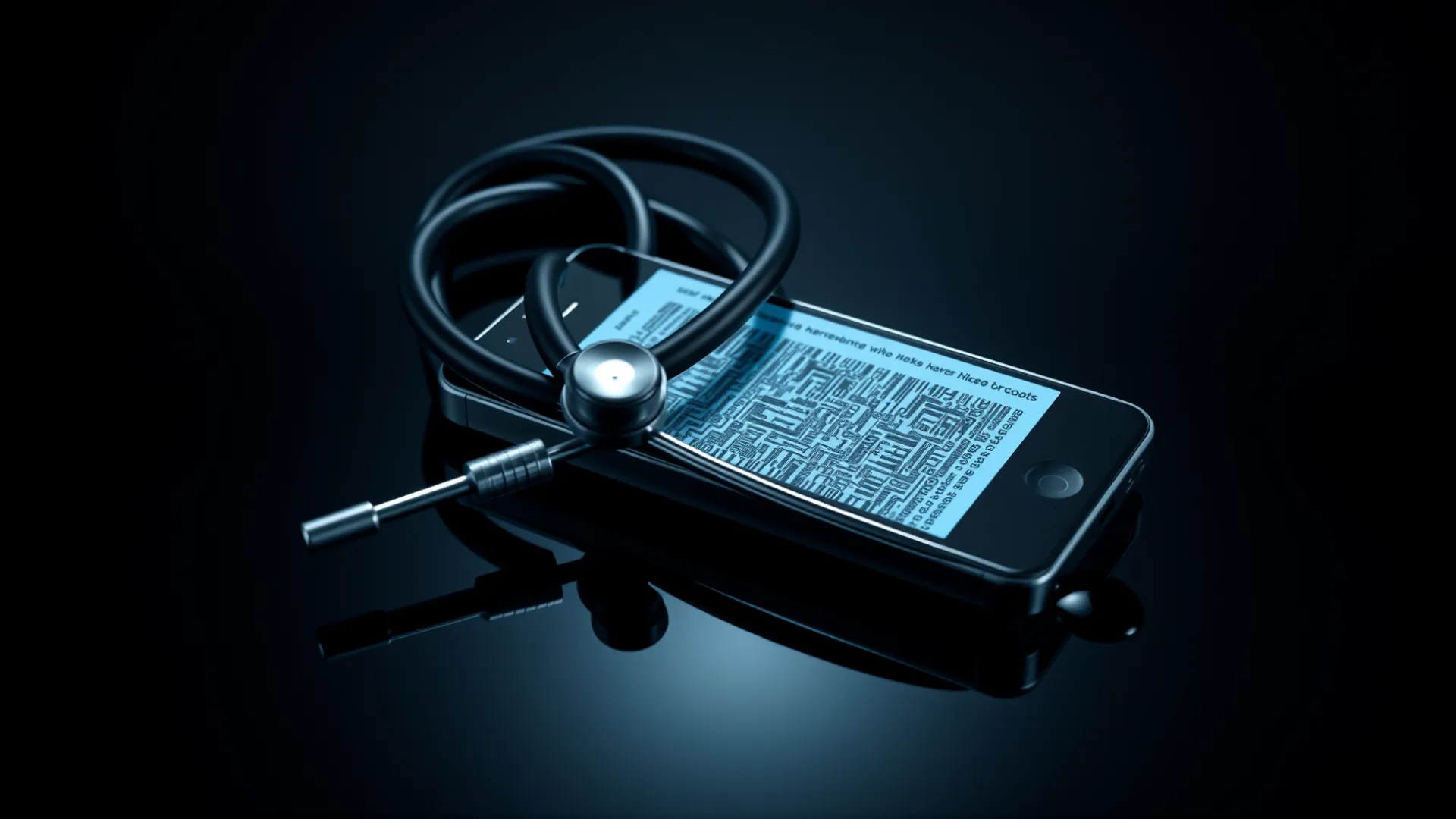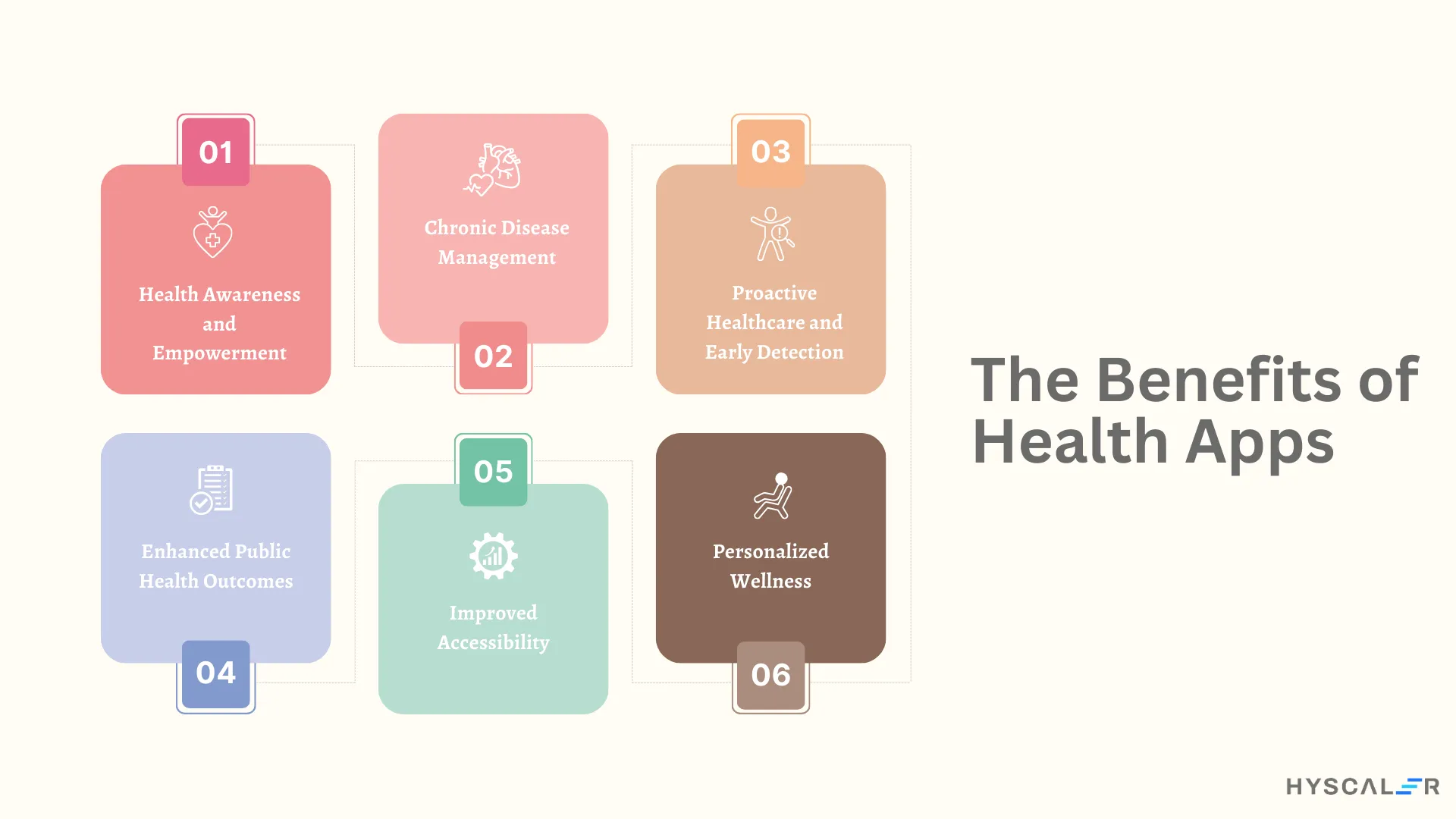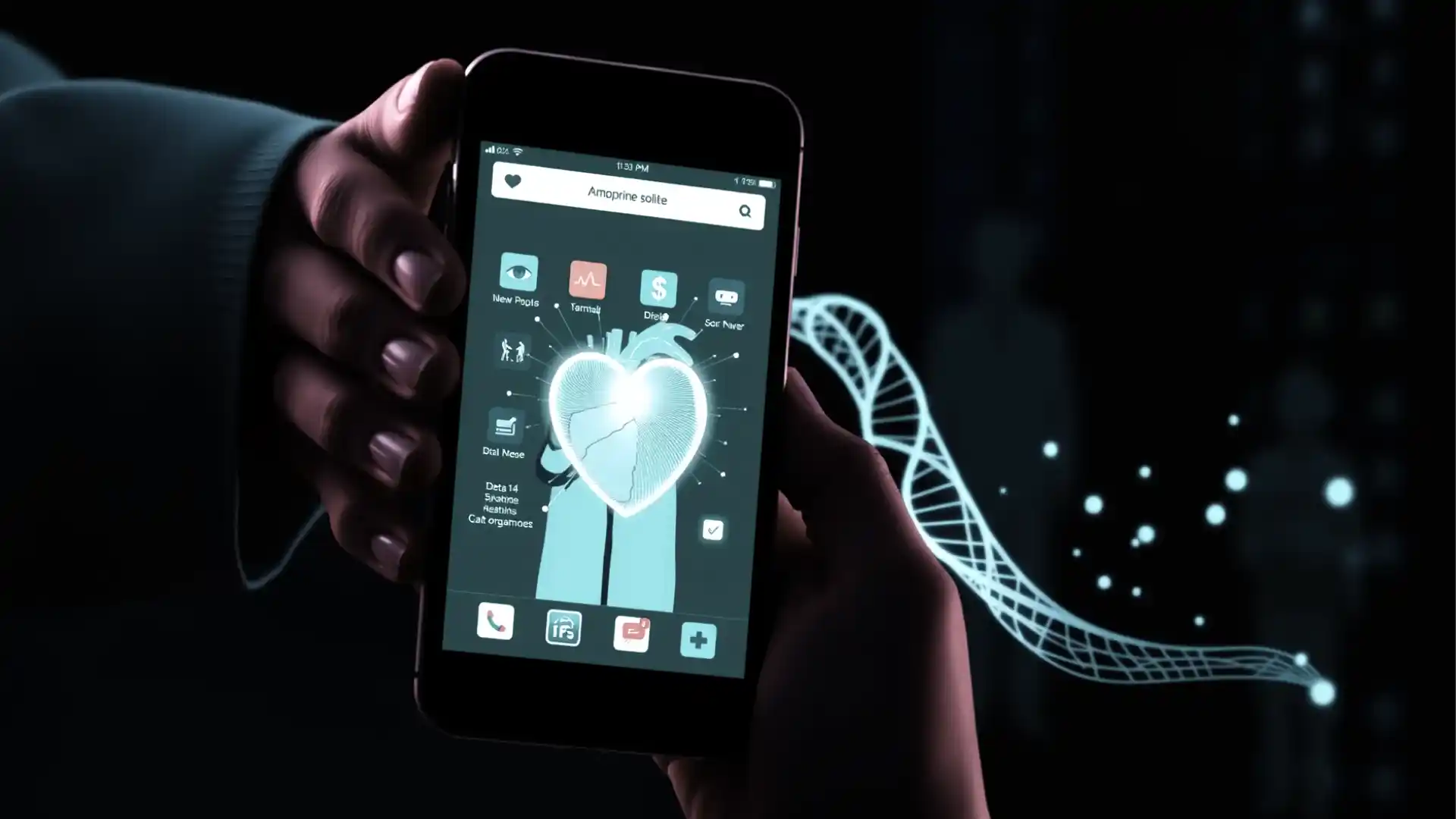Table of Contents
Recently, health apps have become vital tools for millions of individuals seeking to take better charge of their health. These applications promise great access to healthcare by making powerful, user-friendly instruments available. They range from fitness tracking to mental health management, telemedicine applications, chronic disease management applications for everything else, and the whole breadth of healthcare services.
As per the IQVIA Institute for Human Data Science (2023), there are over 350,000 health-related apps available worldwide; health app usage is surging. But this rapid mainstream adoption does beg a fundamental question: Is the usability worth a compromise on individual privacy?
A Revolution in Personal Health Management
Health apps have a great allure because they are real-time and personalized at an individual level. Fitness apps such as Fitbit and MyFitnessPal allow tracking of steps, calories, and even sleep patterns to allow people to make informed decisions about their daily routines. Chronic disease management tools like MySugr or Glucose Buddy allow diabetes patients to track their glucose levels while also reminding them when to use medicine, helping them better adhere to treatment.
During the pandemic, telemedicine platforms, such as Teladoc Health, acted as a lifeline for many to gain treatment instead of visiting clinics, and the uptake of health apps soared. As reported by Statista, downloads of health-related apps increased globally by 46% in 2020 to be one of the tools that not only plugged the gap during the crisis but also revealed the capacity of remote healthcare to address long-standing access issues.
These apps also have a tremendous psychological effect. As revealed in a survey published by the American Psychological Association in 2022, almost 70% of users reported positive outcomes from using mental health apps, such as reduced anxiety and better coping strategies. Apps like Calm and Headspace have normalizеd mindfulness and meditation practices to a much wider audience, rendering mental health resources accessible.

The Privacy Dilemma
However, the features that make health apps so effective such as data collection, personalization, and connectivity—have emerged as their critical disadvantage. Most health apps obligate users to share sensitive information, from daily step counts to detailed medical histories.
Toronto University Research Group (2021) revealed that 79% of top health apps share user data with third parties, including advertisers, data traders, and even insurance companies. While some apps supposedly anonymize their data, it is often possible to re-identify users through other information.
The implications of such data sharing are far-reaching:
- Insurance Discrimination: Personal health data could result in increased insurance fees, or denial of coverage based on perceived risks.
- Job Risks: In some situations, sensitive health information may unintentionally cross paths with employers, affecting workplace opportunities.
- Targeted Advertising: This targeting often results in consumers receiving unwanted ads about products suggested by their health profiles, much to their discomfort.
Even seemingly innocuous apps have come under fire from time to time for allegedly violating user privacy. In 2018, the fitness app Strava voluntarily exposed sensitive locations of U.S. military bases with the users’ activities displayed on their maps. Period-tracking apps such as Flo have been challenging for sharing reproductive health data with third parties without users’ knowledge or consent.
The Benefits: Beyond Convenience
The value of health apps extends far beyond convenience. They provide tangible benefits that transform lives:
- Health Awareness and Empowerment: According to a report from Grand View Research (2023), 55% of health app users gained richer insights into their health variables—sleep, heart rate, and calorie intake—which, in turn, resulted in better lifestyle decisions.
- Chronic Disease Management: As reported in The Lancet Digital Health (2021), mobile health apps altered medication adherence by 37% (and reduced the rates of complications that occurred in chronic illness patients) significantly.
- Proactive Healthcare and Early Detection: Health wearable devices associated with health apps can pick up the ear ly warning patterns of serious illnesses. For instance, the American Heart Association (2022) showed that such devices led to a 20% decrease in hospital admissions by emergency departments by permitting users to get medical care on a timely basis.
- Enhanced Public Health Outcomes: Aggregated, anonymized data from apps contribute to groundbreaking research. Data from fitness apps has been used for analyses of global trends of activity, and data from mental health applications have been used for the development of population-level interventions to address stress and anxiety.
- Improved Accessibility: Health apps eliminate barriers like location and cost. As a 2022 report by the Pew Research Center has shown, 72% of rural users considered health apps to be heavily important to accessing healthcare services, often unavailable in rural areas.
- Personalized Wellness: There are a lot of applications that make use of AI and machine learning to give them individualized insights that leave the user feeling more interactive in their health journey.

Navigating the Regulatory Maze
Health app regulation is part and parcel of a disorganized and insatiable system. In the U.S., while HIPAA protects health information that perpetrators share with the providers, it allows for a deadly gap for all those apps that cannot find refuge under health information jurisdiction. In Europe, stricter GDPR does protect personal data, but the application and enforcement have varied considerably from one country to another.
But companies are waking up to this threat. Apple has introduced features providing more on-device processing and app transparency reports in users’ settings, allowing them to see which apps have accessed their data. The 2023 Consumer Privacy Act requires app developers to clearly articulate their data-sharing practices.
Still, that is far from the case for many. Smaller developers often find themselves on the back foot, having less time and resources invested in robust privacy protection, and consequently, their users are left out in the open.
The Road Ahead: Building Trust in Health Apps

Trust is at the heart of app development and is used to fulfill the potential of health apps. Developers, policymakers, and users must collaborate to create a more secure digital health ecosystem.
- For Developers: App developers should give priority to transparency, strong security, and consent. Sensitive data encryption and reduction in data collection to that which is only necessary helps to minimize privacy concerns.
- For Policymakers: Clear, enforceable regulations are crucial. Expanding regulations regarding privacy, for example, the existing HIPAA that applies to health apps, or enacting strict regimes of regulation, such as Europe’s GDPR, can lead to developers being held responsible.
- For Users: Users must remain vigilant. Small, but effective, steps to safeguard personal data include selecting apps from trusted developers, interpreting permissions, and making any necessary privacy checks regularly.
Big tech companies are coming forward to meet the challenge. Apple’s privacy features, such as app transparency report and on-device processing, also put a standard in the field. However, broader adoption and accountability are needed to ensure privacy becomes a standard, not a luxury.
Conclusion
Health apps have undoubtedly transformed the way we approach personal wellness in many ways. Empowering patients, enabling better health outcomes, and democratizing access to care, is a radical change. But, with this growth, it leaves us with certain concerns: surrender of privacy.
The problem is no longer slowing the growth of health apps, but applying pressure to apply control and care in their design. Solutions that respect users’ privacy, gain their trust, and add a layer of protection will make these technologies truly beneficial in people’s lives, without compromising their rights.
It should now be a fight between developers, regulators, and users to find a middle ground between user convenience and privacy. And only then will health apps live up to their promise of a better and more connected world.
Take control of health and privacy today, by choosing health apps that safeguard both your information and health.